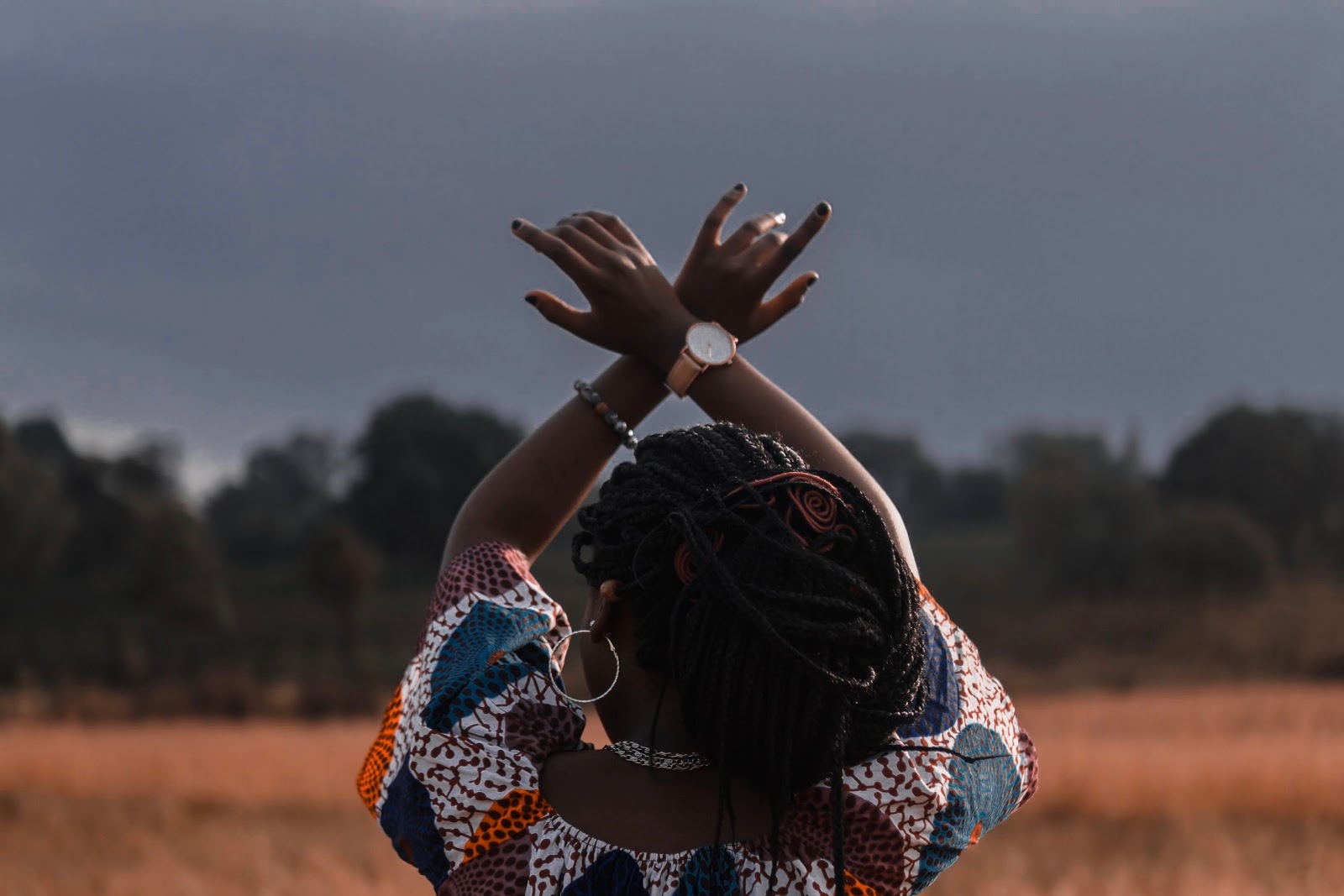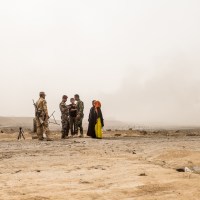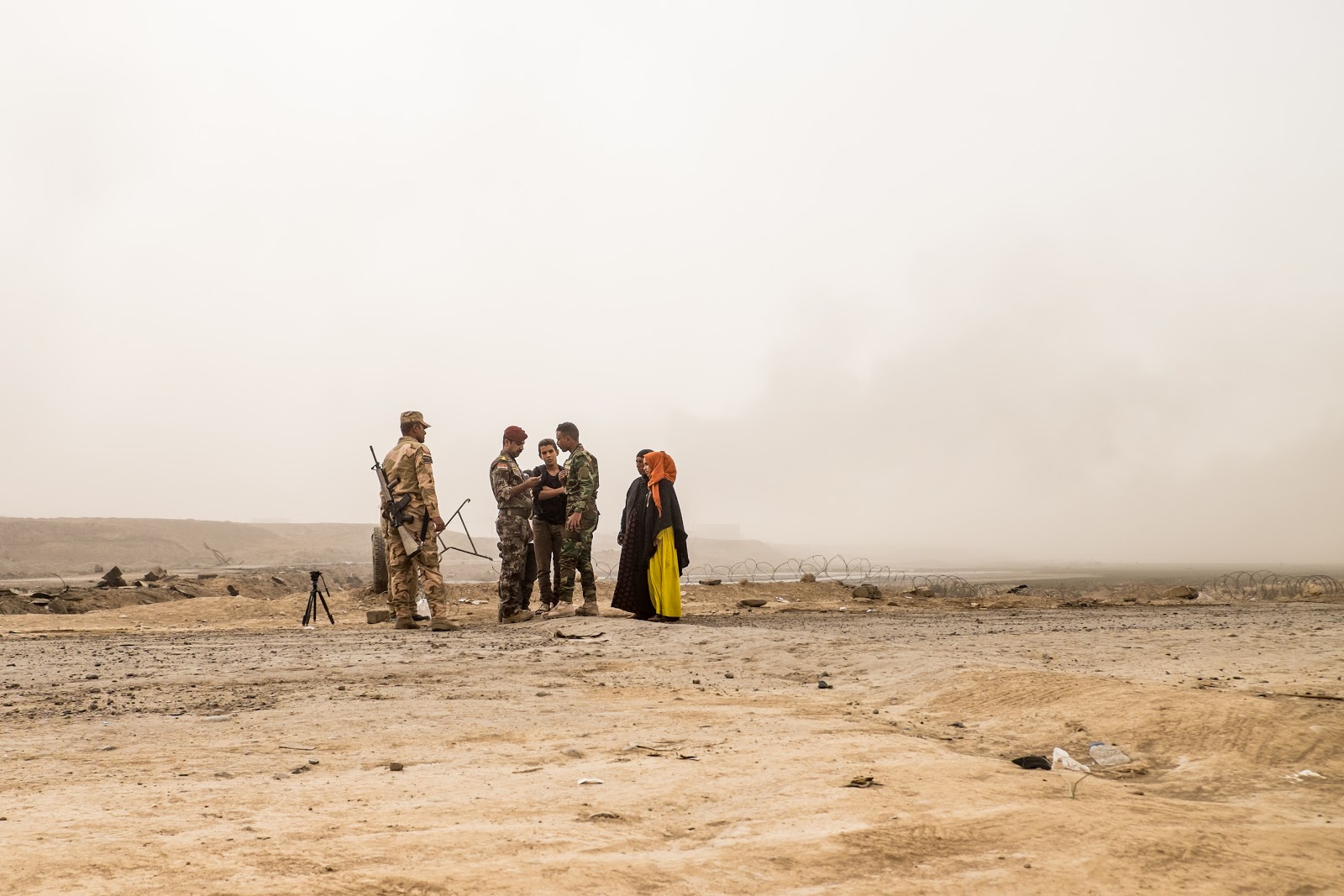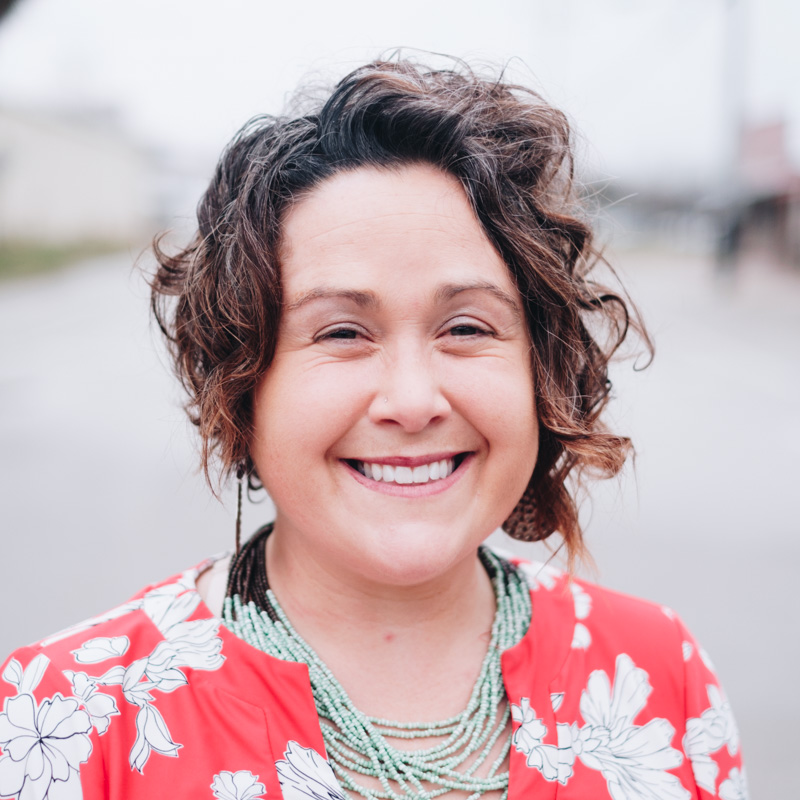Editor’s note: If you’ve experienced sexual assault, you might find this post triggering.
Can our bias make others more vulnerable to violence?
Yes.
I was a Forensic Sexual Assault Nurse Examiner for several years before joining Preemptive Love Coalition. The survivors I cared for in the emergency rooms weren’t all victims of random acts of violence—I saw firsthand the way the marginalized were more likely to become victims.
They were singled out and targeted.
We’ve before talked about how we can show up for victims of sexual assault. We’ve talked about how this is our work, too—both on the frontlines in Syria and Iraq and on the frontlines wherever we live.
But here are three things you might not know about sexual violence, who is targeted, and how perpetrators operate:
1. Perpetrators choose victims who are less likely to be believed.
Perpetrators of sexual violence target those more likely to be seen as guilty without even committing a crime. Perpetrators single out people who won’t be listened to if they dare to speak up.
Who believes a child’s word against an adult’s? A woman’s against a man’s? A person with a disability or the homeless or those with addictions?
When we see people as less than, we take away their credibility, too. We assume they are unable to tell the truth, that they somehow caused or contributed to the crime done against them.
A narrative is created:
“They probably deserved it.”
“They were drinking.”
“She shouldn’t have been wearing that.”
In our quickness to judge those on the margins, we make them even more vulnerable to violent crimes than they already were.
When people of color experience assault, they are even less likely to receive justice or be taken seriously for the crimes perpetrated against them. On top of that, a pattern of antagonism and police criminality has broken the trust that people of color would have to feel in order to report a crime and not have to fear becoming criminalized themselves.
It happens the world over. We’ve seen the aftermath of sexual violence perpetrated against Syrian and Iraqi woman and children in refugee camps and at the hands of ISIS, like when ISIS deliberately targeted Yazidi women who were already a persecuted, vulnerable minority in their own country. We believe their stories. We do not turn away and we do not doubt. We have no doubt that men in these countries committed such crimes.
So why do we doubt the stories of our neighbors? Why do we explain their assault away, blame it on their lifestyle or insist on more proof? Why do we protect the men in our circles, so easily giving excuses for them? Why is one story more compelling or believable simply because it’s in a war zone, rather than our own community?

2. Minorities and marginalized groups are more likely to be targets of sexual violence.
We give unwritten consent to demeaning others when we accept a story about them because of the color of their skin, their beliefs, their gender identity, or their appearance. It’s the lens through which we interpret them when we read the news, when we judge if they are innocent or guilty, believed or disbelieved, before they even go before a jury.
The reality of their lived experience should give us pause:
- People with disabilities are 7 times more likely to be sexually assaulted.
- Nearly half of all transgender people are sexually assaulted at some point in their life.
- Women between the ages of 16-19 are 4 times more likely to experience sexual assault or rape.
- Native Americans are the targets of rape and sexual assault at a rate 3.5 times higher than any other group in the United States.
- Women in the military are more likely to be raped by one of their fellow soldiers than they are to be killed by enemy fire.
- 60% of female soldiers have experienced military sexual trauma, as have more than a quarter of all male soldiers.
- 60% of sexual assault in prisons is committed by institutional staff.
Rape and racism are built on the same foundation—an inequality of power that leads to the vulnerable being preyed upon by the more powerful.
3. The vast majority of perpetrators never go to jail.
Most perpetrators will remain free to commit assault, because the criminal justice system isn’t as interested in crimes against a person’s body as they are in crimes against a person’s property.
In the US, for every 1,000 rapes, 5 rapists will be incarcerated. The other 995 perpetrators will walk free.
In places where the rule of law or institutions of justice don’t exist or have broken down because of war, it’s even worse. There may be no legal mechanism for holding perpetrators accountable, for delivering justice to those they’ve attacked.
Given that most rapes are committed by someone the victim knows, this lack of justice puts them at continued risk of assault. Their attacker is often someone who shares a house with them or someone they are forced to interact with on a regular basis.
In this case, justice is not about an “eye for an eye.” It’s about disrupting the cycle of violence.

We can’t erect dividing lines to determine who we listen to and who we disregard. Love bends its ear toward those who’ve been told they don’t belong—it stands with arms open wide.
We believe in people, the marginalized as well as the socially celebrated and admired. Love jumps towards those who experience violence—without waiting for them to present their case, without assessing credibility based on a biased list of criteria.
How we talk about those on the margins, and the stories we tell about others either protects them from violence or makes them more vulnerable to it. People transformation is our business. Not positions, not policy, but the person. The person whose body experiences the bruises, the cuts, and bleeding of violence.
We show up, and say, “I see you. I hear you. You are valuable.”
This is us. Victims are us, our families, friends, and neighbors, whether we live in the US or somewhere else in the world.
Perpetrators are us, our family members, friends, and neighbors. This is true whether we live in the US or somewhere else in the world.
We sit with the broken, we advocate for those without a voice. We hold out a hand to those who have been pushed to the side. We bring them along because we know this is the way to a better world, together.



 Diana Oestreich
Diana Oestreich